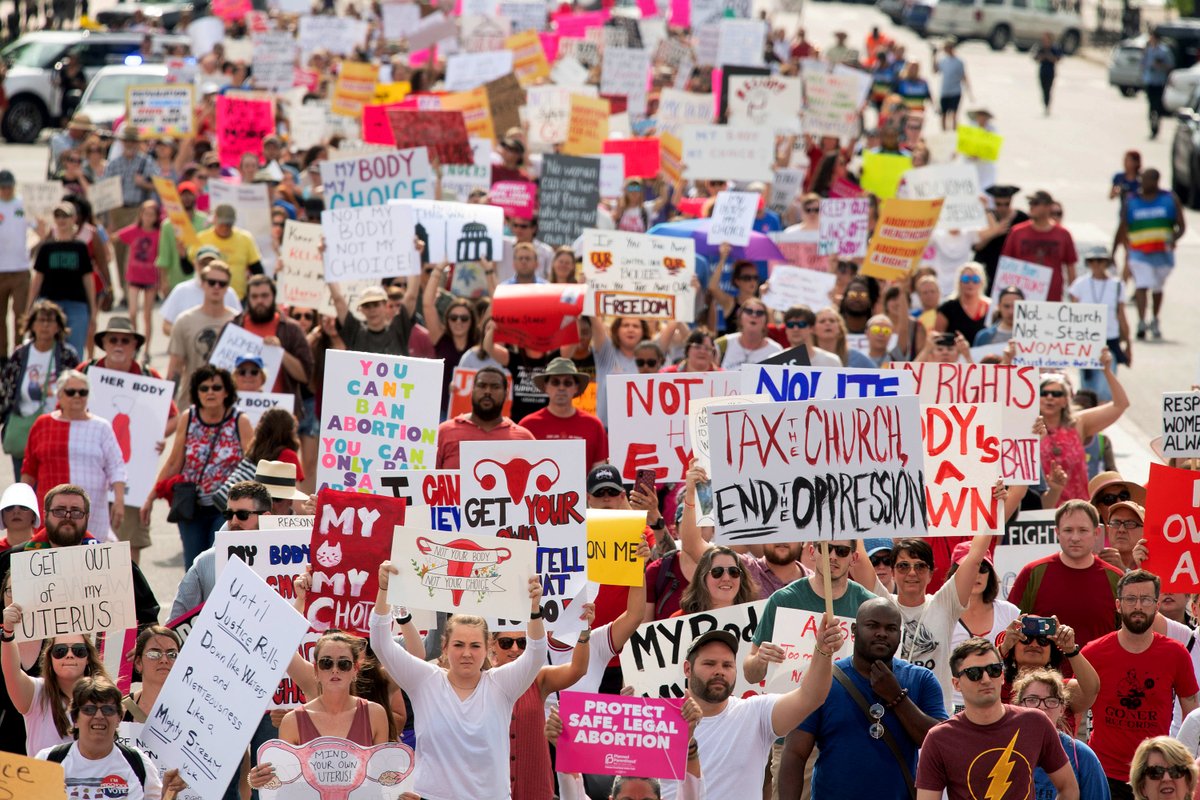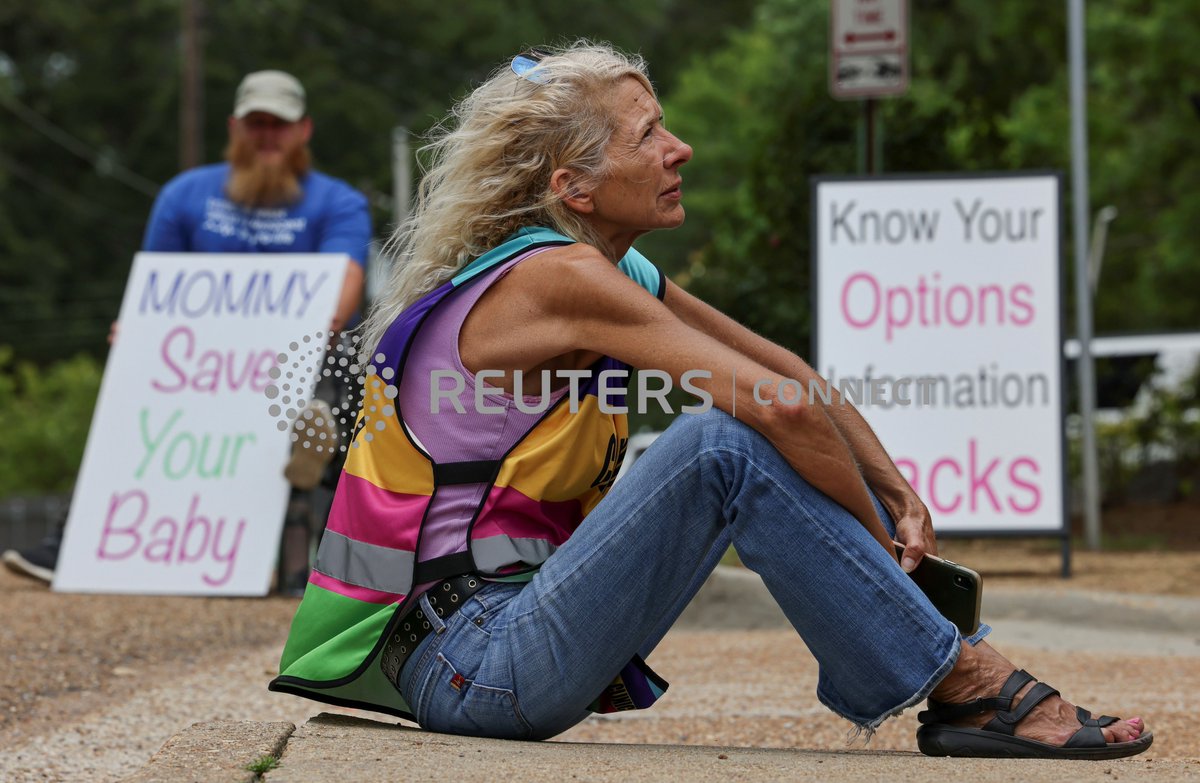
📹 After a client secretly recorded their virtual sex session and leaked it, every phone notification sends sex worker Elizabeth Otieno into a cold sweat.
🚨 She’s only one of many sex workers across Africa who have become victims of non-consensual pornography. 👇🧵
🚨 She’s only one of many sex workers across Africa who have become victims of non-consensual pornography. 👇🧵

🗣 "I feel ashamed and anxious all the time. My partner left me and even my family won't talk to me," says Elizabeth.
"I thought it was a safe and private way to make money, but virtual sex ruined my life."
"I thought it was a safe and private way to make money, but virtual sex ruined my life."

From Kenya 🇰🇪 and Uganda 🇺🇬 to Zimbabwe 🇿🇼 and Nigeria 🇳🇬, pandemic restrictions have pushed sex workers from bars, brothels and massage parlours to websites, apps and video calls.
⭕️ A lack of digital security awareness is leaving them vulnerable.
⭕️ A lack of digital security awareness is leaving them vulnerable.
• • •
Missing some Tweet in this thread? You can try to
force a refresh

















